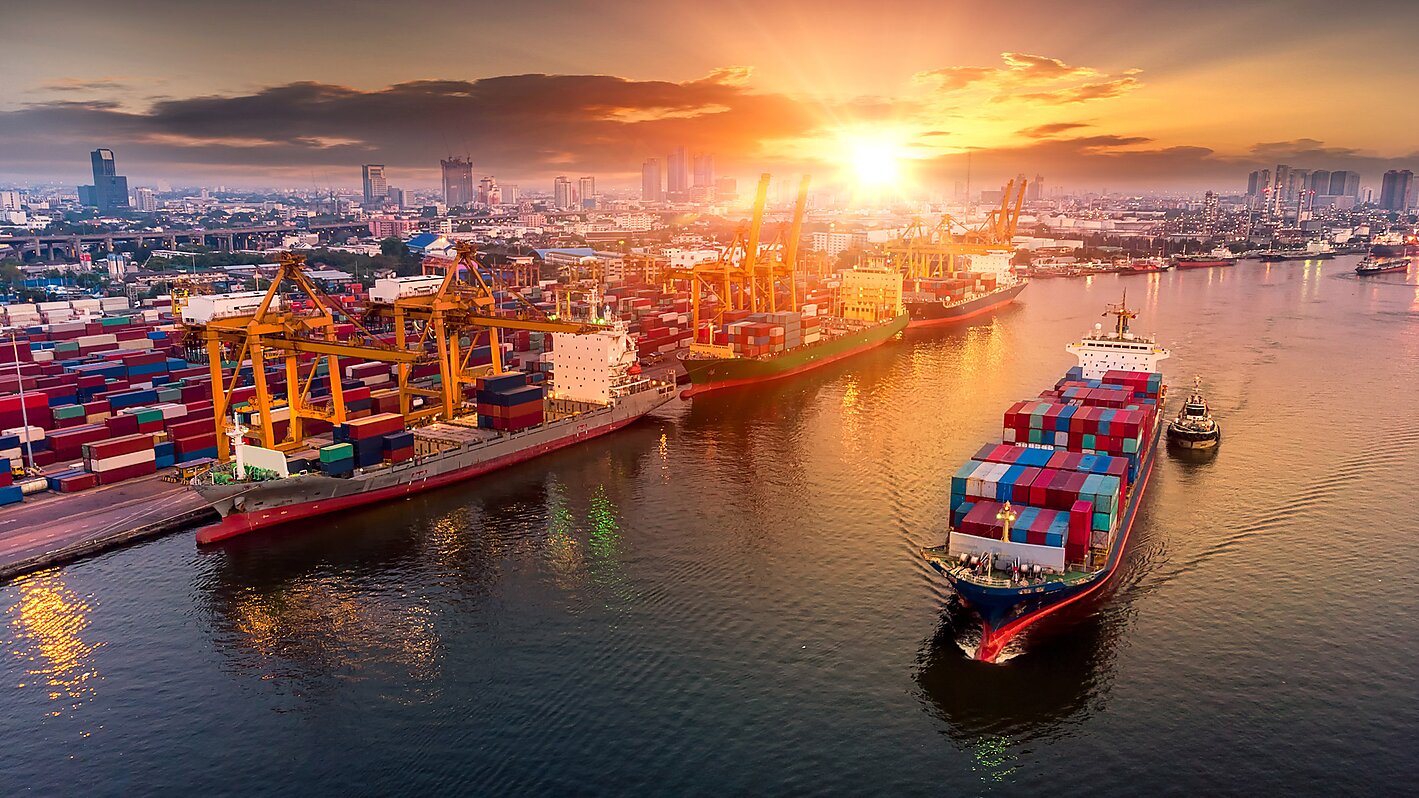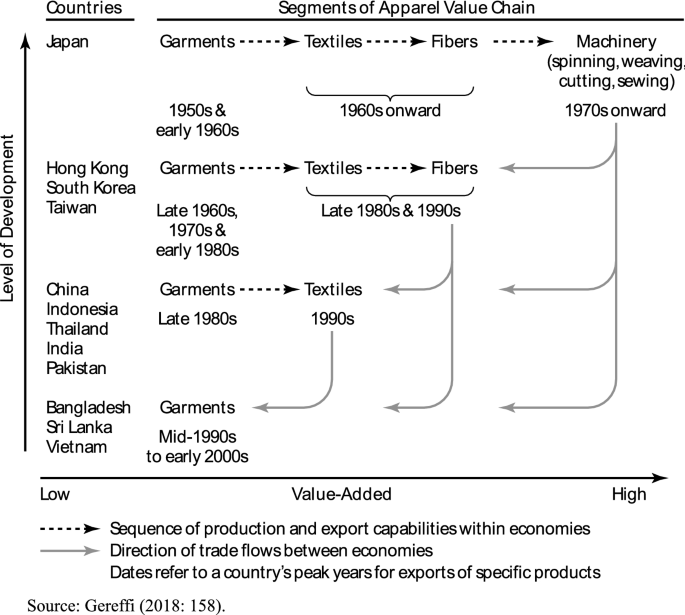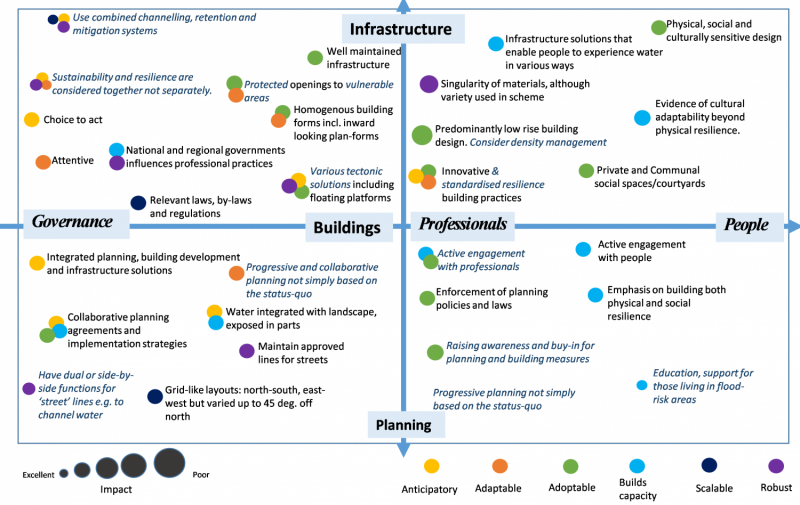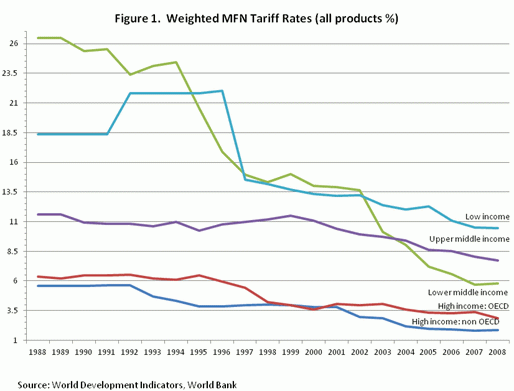Preferential trade agreements enhance global trade at the expense of its resilience
$ 23.99 · 4.8 (625) · In stock

Bi- and multilateral trade agreements can make commodity trade networks more efficient and lead to more rapid growth of the volume of trade, but these gains come at the expense of resilience to economic shocks, such as the 2009 global financial crisis which decimated economies around the world. A new study published in the journal PLOS ONE makes use of the similarities between ecosystems and commodity trade networks to explore these phenomena.

Balance of Trade, Balance of Power

Trade policies, firm strategies, and adaptive reconfigurations of global value chains

Food trade and regional trade agreements – A network perspective - ScienceDirect
Orchestrate global trade management with Pando Fulfillment Cloud

Employing entropy to study growth and resilience in systems

Economies Benefiting Most from Free Trade Agreements
Strengthening Regional Supply Chain Resiliency Through the Indo-Pacific Economic Framework (IPEF)

Opinion: What resilience should mean to policymakers

Vietnam's Economic Odyssey: A flashback to 2023 and glimpses into 2024 - Source of Asia
Pioneering project investigating crisis effects on social systems wins FWF Emerging Fields Funding

WTO 2021 News items - Vulnerabilities, resilience in global trading system examined in World Trade Report 2021

B20 INDIA: Inclusive GVCs for Resilient Global Trade and Investment by Bundesverband der Deutschen Industrie e.V. - Issuu

B20 INDIA: Inclusive GVCs for Resilient Global Trade and Investment by Bundesverband der Deutschen Industrie e.V. - Issuu

Preferential trade agreements: The Swiss knife of trade policy?